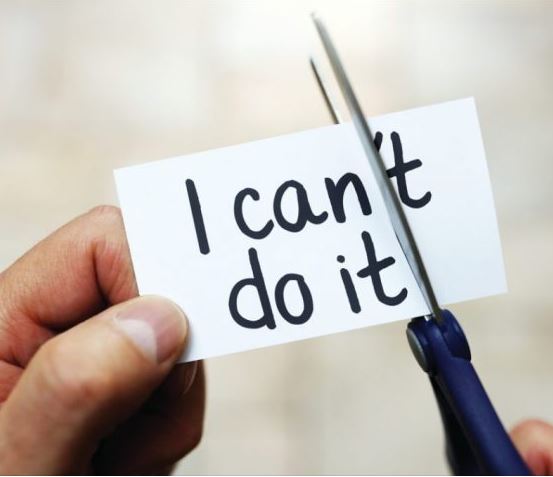Habits are a normal part of life and while many keep us happy and healthy, some habits can negatively affect our health and quality of life. Habits often develop when a behavior to relieve stress or boredom triggers the ‘reward center’ of the brain in response to good or pleasurable events.

Since the brain is wired to seek happiness and pleasure, it can be extremely difficult to break a bad habit once it’s formed if the brain is receiving endorphins and dopamine as a result of the harmful routine. Because of this, our brains can work against us by increasing cravings in the ‘reward center’ while trying to resist the habit.
When a temptation is successfully resisted, a person’s willpower can be temporarily drained making it more difficult to resist the next time. One way to counteract this and strengthen one’s resolve is by regularly practicing different types of self-control.
When trying to break a bad habit first break your plan down into the following steps:
- Make small changes
- Look at the timeframe realistically: research suggests anywhere from 18 to 254 days
- Cut out as many triggers as possible
- Avoid tempting situations
- Allow for slip ups / beating yourself up is counterintuitive
- Reward yourself
- Prepare yourself mentally
- Visualize yourself succeeding
- Replace unhealthy behaviors with healthy ones
- Enlist the support of family and friends
